I said yesterday that I expected the Chancellor to increase universal credit by more than planned. I was misled. I was wrong. Today, Rishi Sunak’s official forecaster, the Office for Budget Responsibility, is explicit about how painful Sunak’s refusal to increase benefits will be for those who rely on them. It says:
‘Lags in CPI (or inflation) uprating of benefits mean they fall almost five per cent in real terms in 2022-23, reducing their real value by £12bn, and take up to 18 months to catch up fully with higher inflation’.
It means those who are unemployed, on very low incomes, or who rely on the state pension, are going to be in dire trouble in coming months.
Contrast that £12bn real cut with the £500m being allocated to local councils so that they can help those struggling most with the cost of living in a ‘targeted’ way. Every little may help, but that £500m is a drop in the ocean of the financial pain that will afflict vast numbers of people.
And yes, the Chancellor is eliminating the burden of his imminent 1.25 per cent national insurance rise for millions of workers by increasing the threshold for paying NI by circa £3000. But all that threshold rise does for millions is to ward off a planned tax rise: it doesn’t offset the impact of the soaring cost of the basics of life.
That said, the Chancellor has allocated £2.4bn to cut the cost of petrol by five pence per litre, though this is irrelevant to those who can’t afford a car. And then there is the pernicious impact of inflation on resources for public services, on which the poorest rely most.
As the OBR says:
‘Higher inflation has already eroded the real value of the department budgets set in cash terms in October’s Spending Review by between £5bn and £17bn, while many departments are still coping with pandemic-related backlogs.’
In other words, hospitals and schools should brace to reduce their ambitions to catch up with treating sick people and correcting the schooling gaps caused by Covid-19. And, to add insult to injury, we haven’t yet seen the peak of the inflationary damage to public service resources.
Rishi Sunak says he has to be cautious in not spending more because rising inflation is massively increasing the cost of servicing the government’s near record debts. This bill comes through what it has to pay on its inflation-proofed or indexed borrowings, and because the Bank of England is putting up interest rates. But today Sunak – not by explicit policy but by refusing to offset the damage of inflation – is returning the UK to austerity. Which is completely counter to everything Boris Johnson claims to want or to represent.
If the relationship between him and the Chancellor was bad before the Spring Statement, I would now expect the rift to become almost irreparable.
P.S. Buried in the Spring Statement book is that the collapse of energy company Bulb is scheduled to cost the government a staggering £1bn in 2022-23 – and changes to the terms for repaying student loans will yield the Treasury a jaw-dropping £11.2bn in the next financial year (in present-value terms, not cash – but it still represents a significant reduction in the disposable incomes of young people).
Got something to add? Join the discussion and comment below.
Get 10 issues for just $10
Subscribe to The Spectator Australia today for the next 10 magazine issues, plus full online access, for just $10.


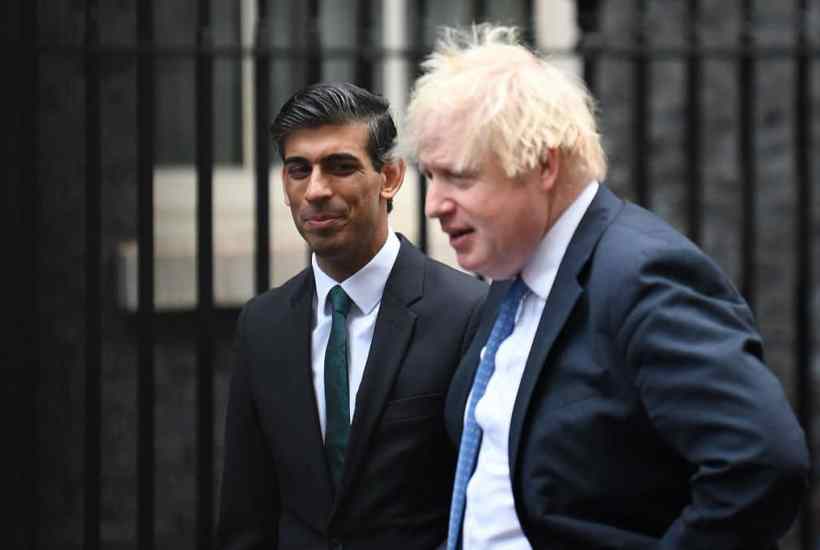

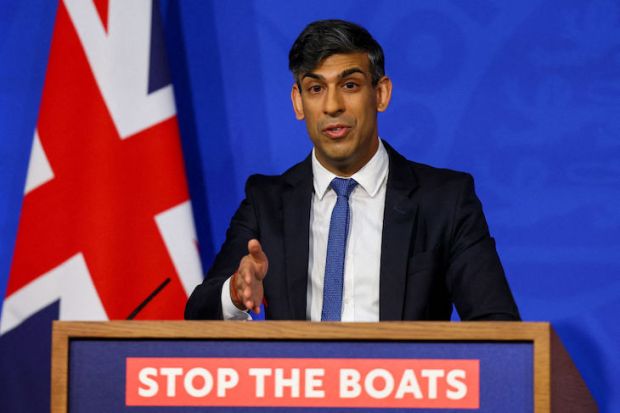
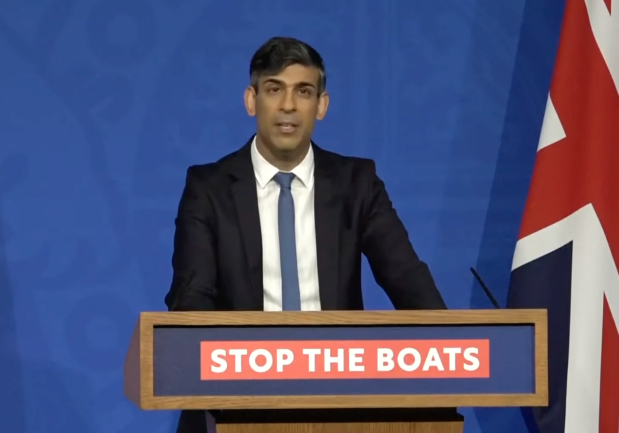
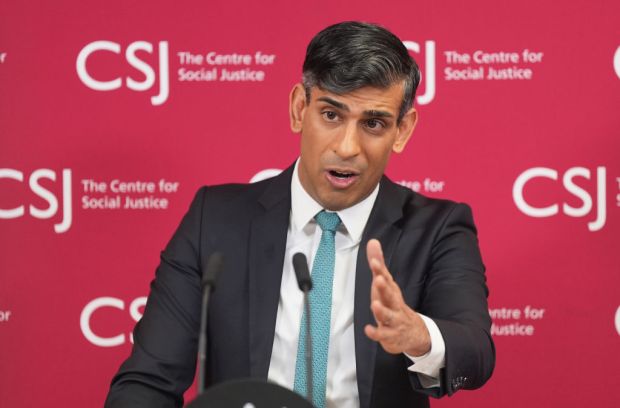
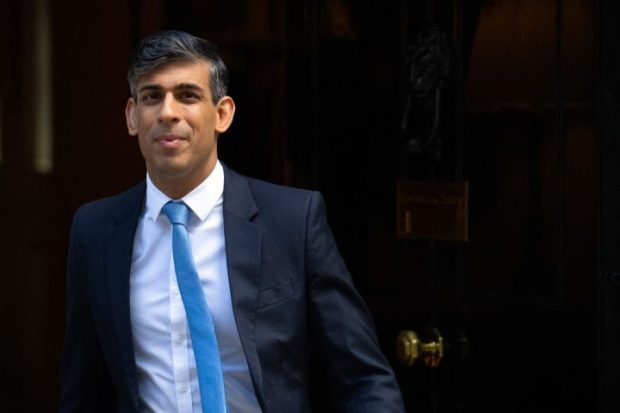
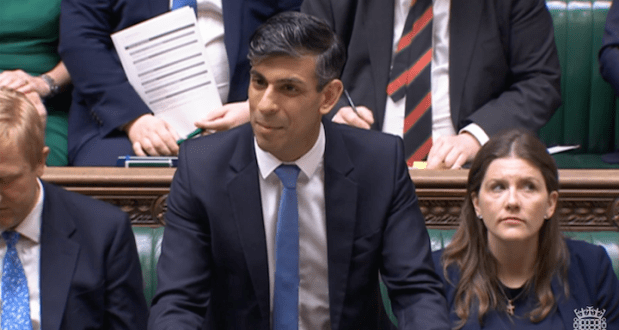












Comments
Don't miss out
Join the conversation with other Spectator Australia readers. Subscribe to leave a comment.
SUBSCRIBEAlready a subscriber? Log in